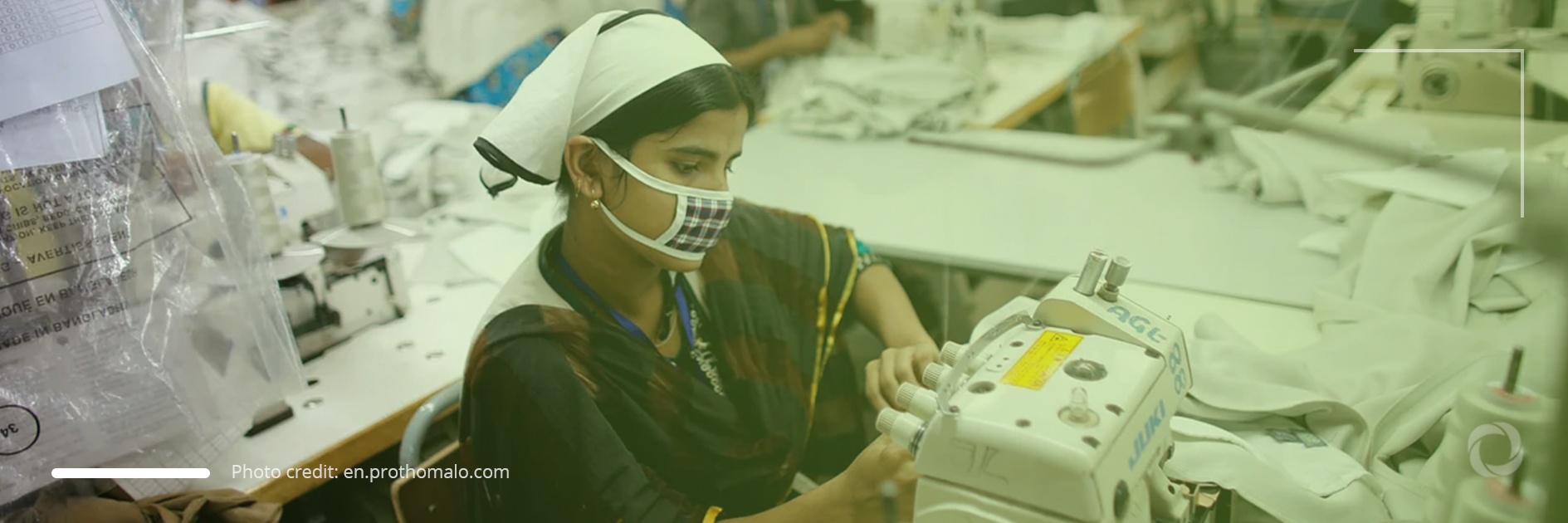While Bangladesh seeks to graduate from Least Developed Country status in 2026 and become an upper-middle-income economy by 2030, the Bangladesh Country Private Sector Diagnostic (CPSD) has pointed out that Bangladesh requires urgent reforms to support a more competitive, diversified, and outward-oriented private sector that is able to drive growth and create jobs.
The diagnostic emphasized that although Bangladesh has been viewed as a success story, “the current growth model is reaching its limits”. GDP growth is expected to slow down due to a halt in exports and stagnation in job creation.
Against this background, CPSD noted that it will be crucial to establish a constructive dialogue between public and private sector stakeholders to ensure that there is a common understanding as regards further development, support for a more favorable trade and investment environment, the modernization of the financial sector and the removal of infrastructure barriers.
Moreover, CPSD warned that the COVID-19 pandemic may weaken the financial sector which entered the pandemic with elevated levels of stressed assets and low capital buffers. It also projected that the country’s post-pandemic recovery will force a reimagining of its development model, subsequently accentuating the importance of the private sector.
The diagnostic highlighted that:
- Bangladesh’s private sector has expanded rapidly but in a segmented manner with a distinct missing middle that is struggling to grow
- The number of businesses in the country has more than doubled in the past decade to nearly 8 million
- 98% of these companies are microenterprises whereas only 2% account for 35% of all non-agricultural jobs
- Over the past five years, Bangladesh has been consistently placed in the bottom 10th percentile of the World Bank Group’s Doing Business report
- Land scarcity and costly development restricts greenfield investment and domestic expansion with foreign greenfield investors and medium and large local investors often failing to secure a sufficiently large plot of serviced land at a reasonable price
- A more assertive expansion of the digital infrastructure will be critical to meet the needs of the modern economy, mainly in the COVID-19 context.
The diagnostic’s conclusion came amid Bangladesh’s efforts to curb poverty. Although government policies and high remittance inflows have fostered growth, around 40 million people in Bangladesh still experience food insecurity. The country also faces some of the highest climate risks in the world with Dhaka, the capital city, being one of the most polluted and congested cities in the world.

